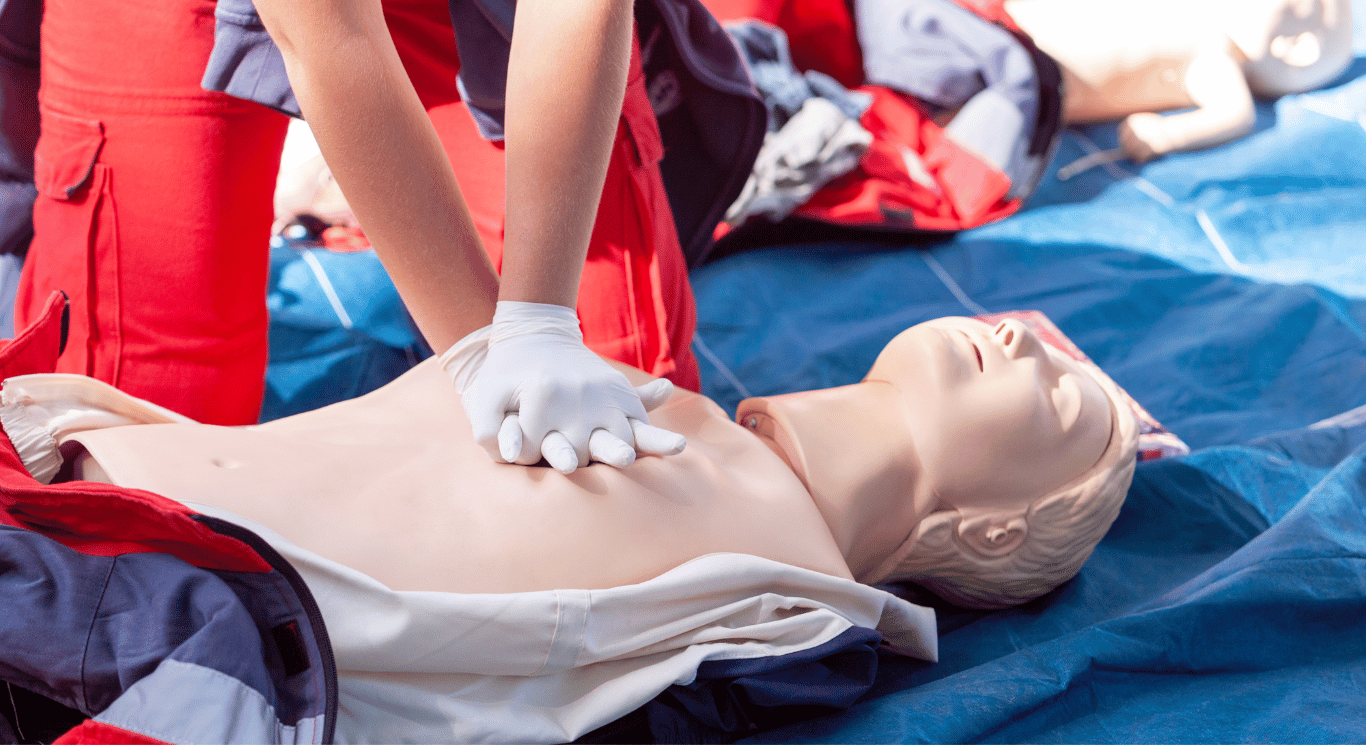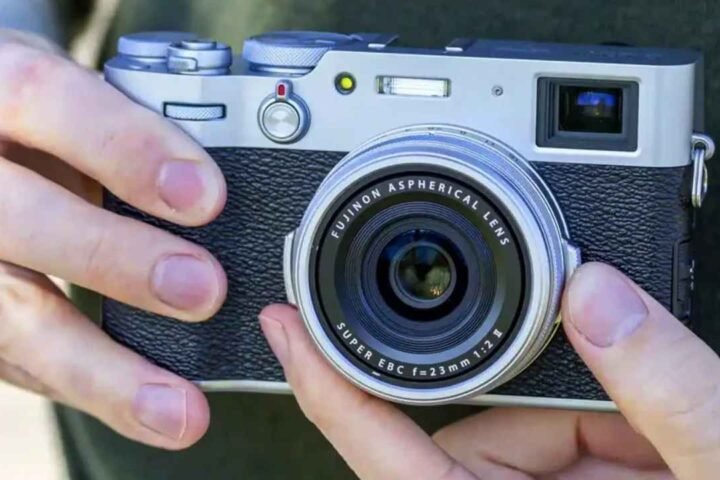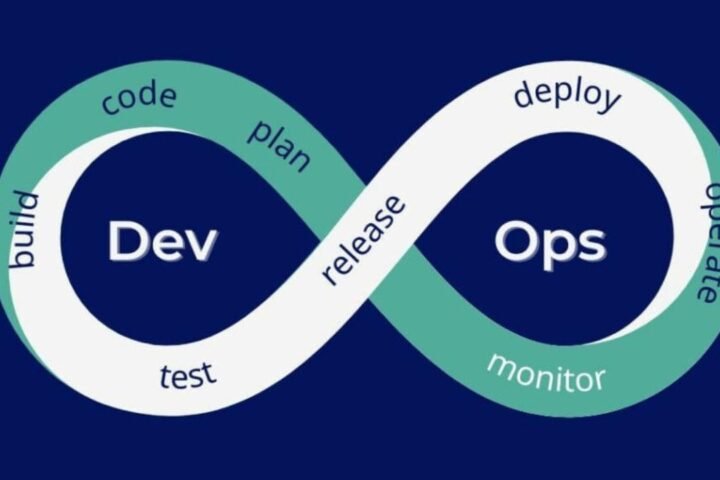
You might be surprised to learn that cardiac arrest is among the leading causes of death worldwide. Shockingly, most of these incidents prove fatal. Immediate response with CPR and an Automated External Defibrillator (AED) can immensely bolster survival rates.
By taking CERT first aider course, you equip yourself with the skills to potentially save lives, more so since most cardiac arrests happen at home. With that in mind, below are some of the most common reasons why CPR training is vital.
Saves Lives
Close to 80% of cardiac arrests occur at know. By taking a CPR AED course in Singapore, you stand a better chance of saving the life of a family member or friend. Keep in mind sudden cardiac arrest (SCA) can affect just about anyone, regardless of age or health.
It is important to note that cardiac arrest causes the heart to stop beating suddenly. Without immediate intervention, survival rates outside hospitals are quite low. Proper CPR and AED use immensely boost the chances of survival. Of course, this can only happen if you successfully complete your CPR AED course.
CPR Protects Brain Death
During a cardiac arrest, the heart tends to stop pumping blood to the brain and other important organs. With a decrease in blood flow to the brain, the victim falls unconscious. During this period, the brain can suffer immense damage in as few as three minutes without proper blood flow.
After nine minutes without blood flow to the brain, there can be irreversible damage. With your knowledge after successfully completing a CPR AED course in Singapore, you can keep blood flowing and may help reduce the damage to the victim.
Faster Recovery for the Victim
When an individual suffers SCA and receives early CPR, they have a higher survival and recovery rate. CPR can help ensure you restore breathing and blood flow, aiding in the person’s recovery. In some instances, the victim may return to life with minimal side effects after receiving high-quality CPR. And all that can only happen if you successfully complete a cert first aider course in Singapore.
The Bottom Line
At the moment, only a small portion of the Singaporean population is trained in CPR annually, but survival from Sudden Cardiac Arrest depends on the quick response of people nearby calling 911, starting Hands-Only CPR, and using an AED as soon as possible.























